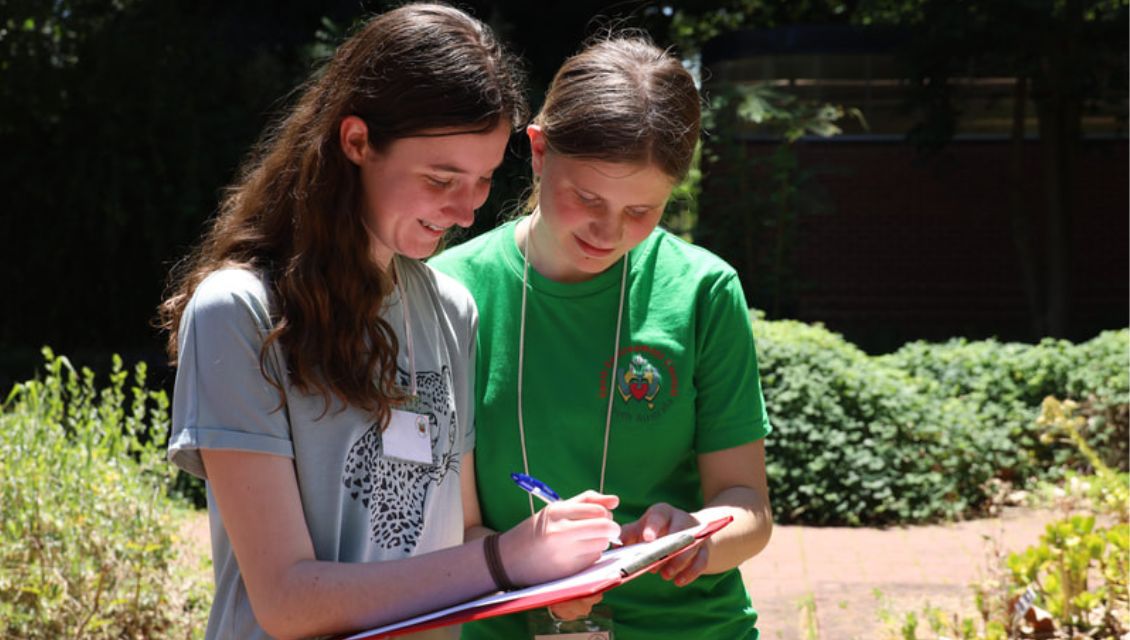
Growing up in the North African nation of Algeria, Farid Nait-Ladjemil admits that he avoided interactions with law enforcement.
“I grew up in a country where people were scared to talk to the police," he says.
“I experienced it myself. People were worried that the police were going to arrest them even though they’d done nothing wrong.”
When Mr Nait-Ladjemil moved to Australia as a young man he soon found things were quite different Down Under.
“I had some friends who were in the police force, and they reassured me,” he says.
“They said, ‘things are different here, this is not like it was in your country. This is a country where the police treat you as a human being’.”
Mr Nait-Ladjemil realised that there were probably many people who brought similar prejudices with them, and the best way to change that could be from within.
“I thought, ‘I want to change that for the people that come as a migrants’,  and that's how I ended up going through the recruitment process,” he says.
and that's how I ended up going through the recruitment process,” he says.
Before he could become a SAPOL officer, however, Mr Nait-Ladjemil had to get his spoken and written English skills up to scratch through TAFE so that he could add another language to the Arabic, Berber and French that he already spoke.
“That’s important, because when you put that uniform on you are presenting as law enforcement and it's important that you represent the community well,” he says.
“And that was something I really wanted to do because I knew that there were people from countries in the Middle East and Africa and Asia who had had negative interactions with police in their home countries, so I wanted to educate them about how it is in Australia. I wanted to show them that they could trust the police.”
Mr Nait-Ladjemil moved from SAPOL to the Australian Federal Police, where he helped set up the Kick Out The Hate program, a partnership between the AFP’s Community Liaison Team (CLT), Department of Human Services, One Culture Football and SEDA College that used the power of soccer to forge relationships between young people and the police, discourage anti-social behaviour and raise awareness of the risks of online hate.
The AFP has well-established Community Liaison Teams across the country, engaging and working with Culturally and Linguistically Diverse (CALD) communities to build trust with law enforcement.
CLT members make sure they keep abreast of world events to enhance the AFP’s understanding of the issues impacting Australia’s diverse communities, as well as providing crime-prevention advice and education to community organisations, culturally diverse schools and newly arrived migrants.
For Mr Nait-Ladjemil, it’s a great opportunity to bring other individuals into the fold to further the cause.
“I don’t do anything on my own, and it’s never about competition – it’s about partnership,” he says.
“I reach out to SAPOL, Department of Home Affairs, DHS, non-profit organisations, multicultural organisations – we all work together. It’s about partnerships.”
Mr Nait-Ladjemil (pictured below with Adelaide Imam Sheikh Helmi Bakhour) says that the rise of the internet has made it easier for young people to fall under the influence of radical ideologies, and this was something he, and the AFP more broadly, took very seriously.
 “We created a program called Connect to the Country with the aim of giving kids a sense of belonging,” he says.
“We created a program called Connect to the Country with the aim of giving kids a sense of belonging,” he says.
“They were Muslim kids, and we said to them, ‘when you come to this country, this is your country'.
“We took them back to the roots of Islam in Australia, talking about the Afghans who came to Australia and rode camels all the way to Marree in the north of the state.
“We wanted to show them that it didn’t matter what religion they were, they were accepted.
“These kids, at the end that program, we sat down around the bonfire, we talked, and when we woke up in the morning we went and prayed at the site where that first mosque stood.
“We spoke about leadership and about their perception about police, and they saw a person like myself – a migrant – within the police force.
“All of those kids graduated from that course, went back to their home states, and all passed school that year.”
Mr Nait-Ladjemil says it was an honour to be named the 2024 Public Sector winner of the Governor’s Multicultural Awards.
“I didn’t expect this, because I’m just doing my job and I love my job,” he says.
“It’s an honour to work for the AFP, and an honour to represent the community. I’ve had the most incredible experience and the most incredible opportunities. I never want to feel that this is just a job because it’s a lot more than that.”
For a complete list of Governor's Multicultural Award winners click here (external site) (external site).







